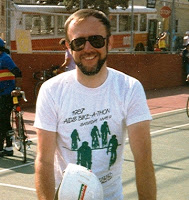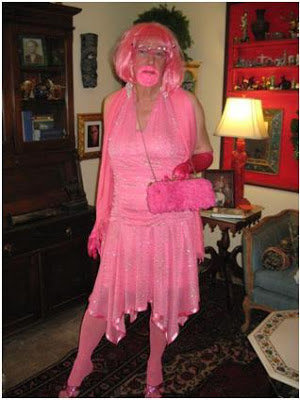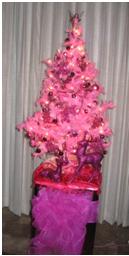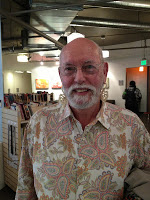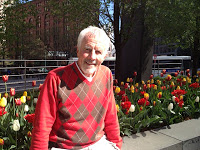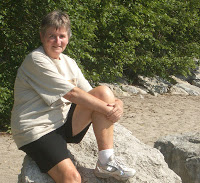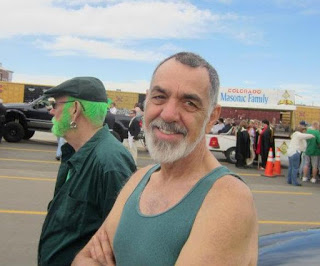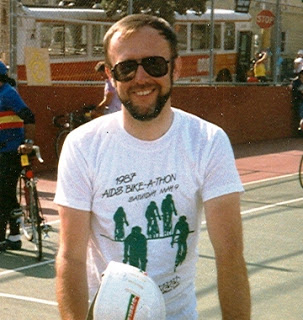some language by a very early age—say, four or five or six—or you will never be
able to learn any language. And once you learn any language, you can,
theoretically, learn any other language. Of course, most of us have sat through
enough Spanish, French and German classes to know that that part of the theory
is questionable. The point is that one’s brain must develop its language
capacity early in life or it is lost forever, that part of your brain just
won’t grow.
is usually referred to as “technology,” meaning computers and all their spawn,
i.e., iPads, tablets, nooks, kindles, iPhones, 3G, 4G, and, OMG, I don’t know
how many other devices or apps. Though I am at least primitively computer
literate, I fear that whole new languages are now in common use about which I
know nothing. And it may be too late for my aging brain to learn them.
of stages in my personal relationship with technology. I’ve passed through the
stage of computers being interesting, useful, or even wondrous in their
capabilities. I’ve passed through the stage of thinking, OK, that’s enough—I
can write, cut & paste, send emails, crop photos, research questions, and
get on You Tube. I am tempted toward the stage of concluding that computers are
really a nuisance and I might just one day re-boot the thing out the door. But
then, emails are very useful and where else does one find porn these days?
less panic that if I don’t make some big technological leap I will be left
behind like a blacksmith on an automobile assembly line. Skilled but
irrelevant. I do know some basics of computer literacy, but… Well, the fact that I’m using the word
“computer,” which nobody uses now, given the array of devices available, shows
how far behind the times I have sunk. My fear is that I will not be able to learn
the new language of the moment—they seem to change quickly—and I will be left
unable to communicate with anyone in the world.
one of the ways in which I am coming to feel like a stranger in my own land.
Culture shock is getting to be a daily occurrence. Most all pop culture from
music to television shows is a mystery to me. The obsession with money dismays
me. The fondness for states of unreality whether drug or television or church
induced leaves me alienated. And the poisonous and paralyzed political milieu
is depressing.
woman author gave a lengthy description of her process in writing an essay. An
idea will come to her, she said, and she will mull it over for a while which
can be anywhere from a few hours to months. Then, she’ll jot down some notes as
the idea expands and facets of it come into view. Eventually, she will organize
her notes and develop nuances of her argument or narrative. At some point, she
will compose all these thoughts into a coherent essay.
other dinosaurs still roaming the earth. Doesn’t she—don’t we—realize that
NOBODY DOES THAT ANYMORE!!? This
leisurely process of developing your thoughts to explore nuance, is so
20-years-ago. One doesn’t pause to think things through or just walk around
with an idea until it jells or makes sense. Today, if a thought ever dares to
enter your head, you must get it out, like a virus, as quickly as possible
before it takes root and grows into who knows what. You spit it out as fast as
you can on your blog or text it to your million friends on Facebook. Keep
paddling around in the shallow water because you have no idea of what might be
out there in the depths. Could be something bigger than you.
thought sufficient, no need to get below the shiny surface. I remember in grade
school one day we learned how to diagram a sentence. I learned how sentences
were put together and acquired another tool to express myself. I thought, this
is power, knowing this gives me power. I know more about using my language.
Now, sentences are no longer diagrammed. In fact, they’re hardly even used.
What use is a sentence when you have only 140 characters to say everything. But
then, why would you need more than 140 characters anyway?
anymore. I’m a stranger in my own country. I feel like I’m in a country I don’t
know, don’t understand, and actually don’t like. I might as well be in
Indonesia or somewhere.
